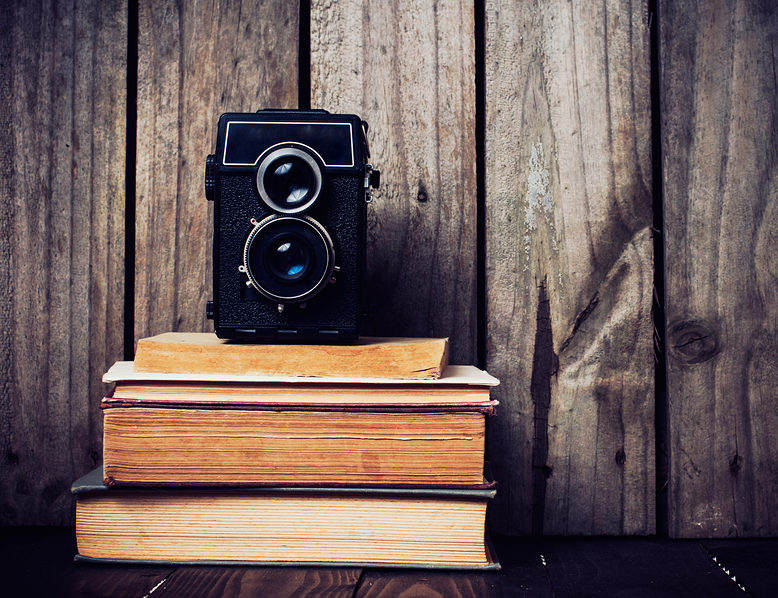Moving. That’s the best word to describe my perspective of The Butler. (Lest it be confused with anyone else’s The Butler, I’ll call it Lee Daniels’s The Butler at least this once. There. Done. (Alas, Lee Daniels is only one person and not multiple people named Lee Daniel, so I will not call it Lee Daniels’ The Butler—even if Lee Daniels does. Sigh.)) The film made me cry, of course (as many movies do), but I actually did not find tears fall as tears of pain at seeing so many of the civil rights era events played out (artfully juxtaposed with the goings-on by the service staff in the White House). Instead, the tears that finally fell were those of joy, hope, and promise toward the movie’s end.
After all, the movie is not really about the butler at all. The movie is about America—and an ugly side at that. It’s called a historical drama, but it’s not actually autobiographical. Instead, quite a few liberties are taken to tie the story *based* on (and loosely at that) an actual White House butler to stories of America’s history. Still, I appreciated the liberties that were taken to help frame those actual historical stories being told.
The tales of the struggles of our country (and South Africa) as told through the memories of a life lived serving presidents, of course those tales moved me. The pain of a mother and wife who falls into addiction as she battles age, loneliness, and heartbreak, that pain moved me. The aspiration of a man to do his best for his family, especially when that very aspiration is more of an escape from that family, that aspiration and that escape, they moved me. The outrage and shame of a nation, the injustices of a society, and the courage of our heroes, those things most especially—they move me.
All of these pieces come together with a good cast. Whitaker is strong and silent. Winfrey delivers passion and despair side-by-side. And the rest of the supporting cast come together nicely enough (surely casting historical figures is not easy). (I should admit too that I laughed out loud *much* too loudly when the film got to the Reagan years. I don’t want to spoil this for you, so I won’t. (Then again, it appeared only my movie companion and I got the joke. Or maybe we were the only ones not offended?))
Inappropriate (perhaps) humor aside, although there is much heaviness in what is most moving in the film, there too is just the right amount of light humor to balance the movie and keep you from feeling spent afterwards. (Thank you, Cuba Gooding, Jr.) And the film takes viewers on a delightful fashion tour through decades past with the attire (and wigs) worn by the butler’s wife (played by Oprah Winfrey).
Four years ago when I drove from Florida to Texas, I stopped in Montgomery, Alabama. I visited the Rosa Parks Museum. From there, I drove to Selma. I walked across the Edmund Pettis bridge. I lingered in the Voting Rights Museum. I stopped in Little Rock, Arkansas to visit Little Rock Central High School. A year before then, I spent several solo hours in the Civil Rights Museum in Memphis (built at the old Lorraine Motel, where Dr. Martin Luther King, Jr. was shot and killed). I am fortunate to have had those experiences to learn more of our country’s history—a history not told when I was in school. Seeing The Butler took me back to those times and those feelings—the outrage, the shame.
The movie itself is not exactly Best Picture-esque, but it’s good enough. And it’s worth seeing; I think it should be seen. Interestingly, someone said to me later, in expressing his dislike of the movie (which he later admitted could be due to a dislike of Oprah Winfrey), that the movie hammered the issues of the civil rights era too much. I suspect he expected the movie to be about presidents, not about the civil rights battles. He said something like, “Enough with the race thing in the movie already. We get it.” I told him I was thus not at all surprised we saw the movie with different perspectives as “the race thing” is not over. People don’t get it. Our history needs to be kept in the forefront of our minds. After all, our history, even when ugly, is definitely worth remembering. We still have a long way to go. And we’ll never get there if we forget.
